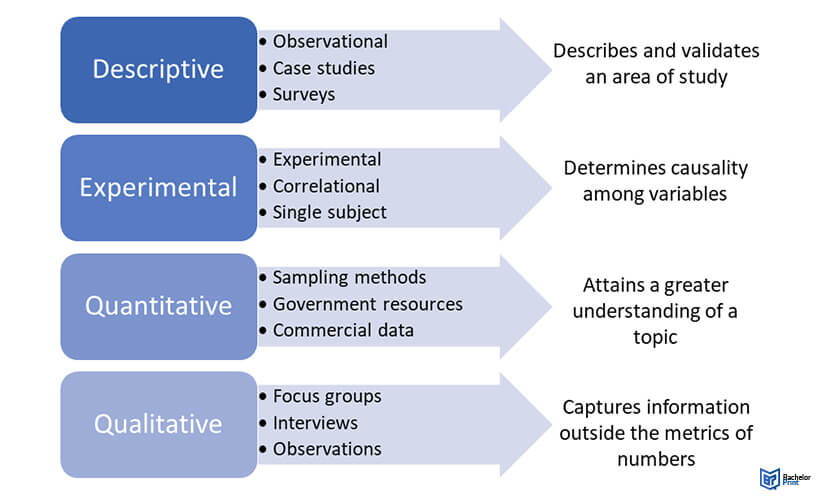

Accessing academic journals using YKPS details
| Field | Typical referencing styles |
| Humanities, Social Sciences, Business | Harvard or MLA |
| Visual Art, Art History, History, Music, International Relations, Politics | Chicago |
| Biology, Chemistry, Environmental Science | Harvard or APA |
| Psychology, Linguistics, Social Sciences | APA |
| Law, Business Law | AGLC |
| Engineering and Computer Science | Harvard or IEEE |
| Medicine | Vancouver |
For the EE, any major referencing style is acceptable but generally, APA, MLA, and Chicago are most commonly used.
YKPS recommended citation tool: Zotero
| Field | Typical referencing styles |
| Humanities, Social Sciences, Business | Harvard or MLA |
| Visual Art, Art History, History, Music, International Relations, Politics | Chicago |
| Biology, Chemistry, Environmental Science | Harvard or APA |
| Psychology, Linguistics, Social Sciences | APA |
| Law, Business Law | AGLC |
| Engineering and Computer Science | Harvard or IEEE |
| Medicine | Vancouver |
For the EE, any major referencing style is acceptable but generally, APA, MLA, and Chicago are most commonly used.
YKPS recommended citation tool: Zotero
“Double-dipping”: students must ensure that they are not using material submitted for any other assessment component as part of their EE submission. While resources can be shared between components, sometimes it is best to avoid this. Resources used for IA, for example, could be used as part of the EE, but no content can be duplicated at all, so to prevent any cross-over the candidate would need to have a substantially different angle that they will investigate and there must be a complete shift in focus.
-From the EE Guide (IB).
Your research methodology is how you will answer your RQ.

Your research methods are what you will use to answer your RQ.
| Primary | Secondary |
| Questionnaires | Academic journals |
| Surveys | Books |
| Observations | Published data |
| Interviews | Educational institutions |
| Focus groups | Government statistics |
Copyright © 2016 Shanghai YK Pao School, All Rights Reserved
Secondary Division: 1800, Lane 900 North Sanxin Road, Songjiang District, Shanghai, China 201620
Secondary Division Admissions: (+86) 21 6167 1999-8105